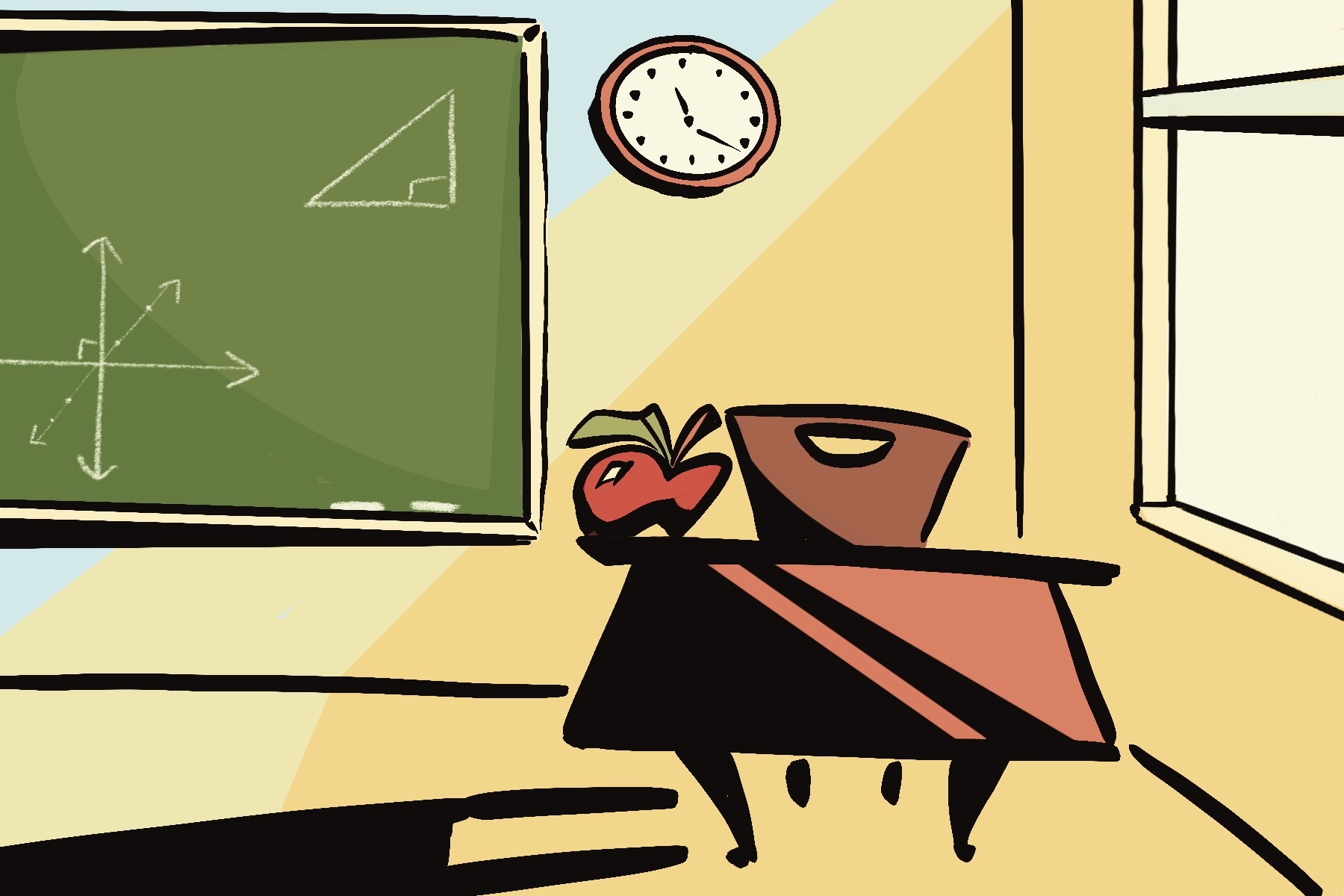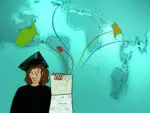Since the pandemic began, everyone seems to have a story of someone they know quitting their job and making major life changes. The Great Resignation seems to have touched every sector of the workforce. People left and right are changing careers, moving to another state or even selling all their possessions to live in a converted van on the beach. The teaching profession is one of the job markets that has been hit the hardest. One doesn’t have to be on #TeacherQuitTok to see the tearful stories of teachers giving up what they thought was their dream job and moving on to careers in industries that pay better and offer more respect. What does this mean for students currently studying to become teachers?
It’s important to understand why the teaching profession was hit so hard by the Great Resignation. Since teaching is not normally a profession where people are in it for the financial gain, how did a group of people who chose their career based on the good they could do find themselves unable to stand their job? Since the federal government does not track teacher data, the information appearing in news stories comes from individual districts and teachers’ unions. The National Education Association recently released an alarming survey showing more than half of teachers were looking to exit the profession. Long before COVID-19 was a thing, there was already a teacher shortage, but the pandemic only exacerbated the problem. The combination of low pay, lack of respect and behavior issues from parents and students was compounded by the pandemic, a time when teachers were already being asked to teach virtually or risk their health to teach in person.
In 2015, the winner of the $1 million Atwell Prize (think the Nobel Peace Prize in teaching) told students thinking about a career in teaching to avoid the public-school workforce. She had some harsh criticisms for the career she worked in for most of her adult life. Where does that leave undergrads currently working toward their teaching degree and credential? Is it time to rethink career plans?
The federal government has taken notice of the teacher shortage and is currently making plans to train and retain teachers, but the effects of these much-needed programs will take a long time to see any results. Currently, there are financial aid benefits for students focused on becoming teachers. The TEACH Grant currently gives extra money to undergrads who promise to work in a high-need subject in a low-income school. If the teacher fails to work the set number of years in the profession, the grant converts to a student loan, growing the insurmountable student debt currently hanging over much of the American workforce. There are also loan-forgiveness programs for teachers who work in impacted schools, but borrowers must work years while still making their student loan payments. Unfortunately, many spending packages proposed by the government put more money into the hands of school districts and not the individual teachers. The downside of this model is that many school districts will be putting funds toward teacher recruitment rather than teacher retention.
With districts focusing on recruitment, there has been a decline in credentialing requirements and teacher preparation programs, which has led to new teachers being ill-prepared for the classroom. Compounded by the concerns that current teachers have been raising for decades, new teachers are entering into a revolving door only to come out with astronomical student loans and no desire to teach.
For students currently working toward a teaching credential, there will be no problem finding employment in the teaching profession. But the question remains: Is it even worth it to go into teaching? Just like all industries affected by the Great Resignation, the answer is complicated. Many current teachers weigh in on the crisis and how to solve it, but so far, the answers seem to fall on the deaf ears of legislators and district boards. It is important for teaching students and newly credentialed teachers to learn to advocate for themselves. There is a vast list of things that need to change, the most important of which include unlivable wages, working unpaid hours, and teachers using their own money to buy basic necessities for their classrooms.
If any good has come out of the Great Resignation, it appears to have strengthened the resolve of the incoming workforce. New teachers are putting their foot down and demanding respect or leaving the profession altogether. They are no longer swayed by pizza parties; instead they want living wages and health care benefits. Teachers are now refusing to work during hours they are not contracted, which just goes to show how much unpaid work teachers were doing in the first place. Teaching is already a thankless job aimed toward bettering students and communities but it is important for teachers to demand respect for their careers. Calling teachers heroes while they can’t afford rent in some states is no longer acceptable.
It may be time to rethink plans to go into the teaching field until the rest of the world is ready to accept that teachers are not just babysitters and instead are dedicating their lives to shaping future citizens. Working in the education field doesn’t have to be completely off the table. Many teachers are finding well-paying careers in fields like standardized test improvement, educational counseling, curriculum development and perhaps most importantly, changing the landscape in education policy and research. By looking into alternative careers, students pursuing a career in teaching can protect themselves from their own Great Resignation story.

















